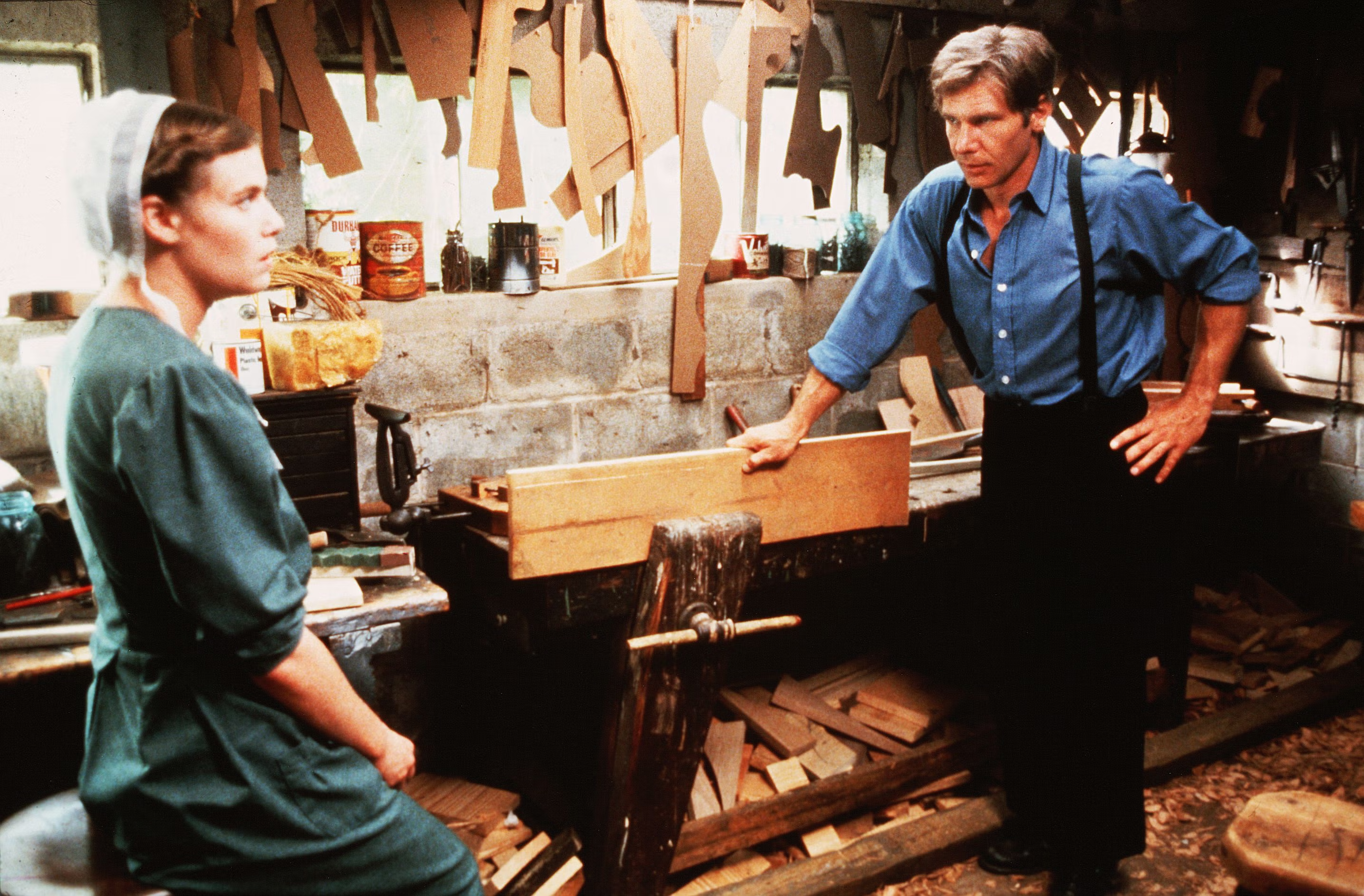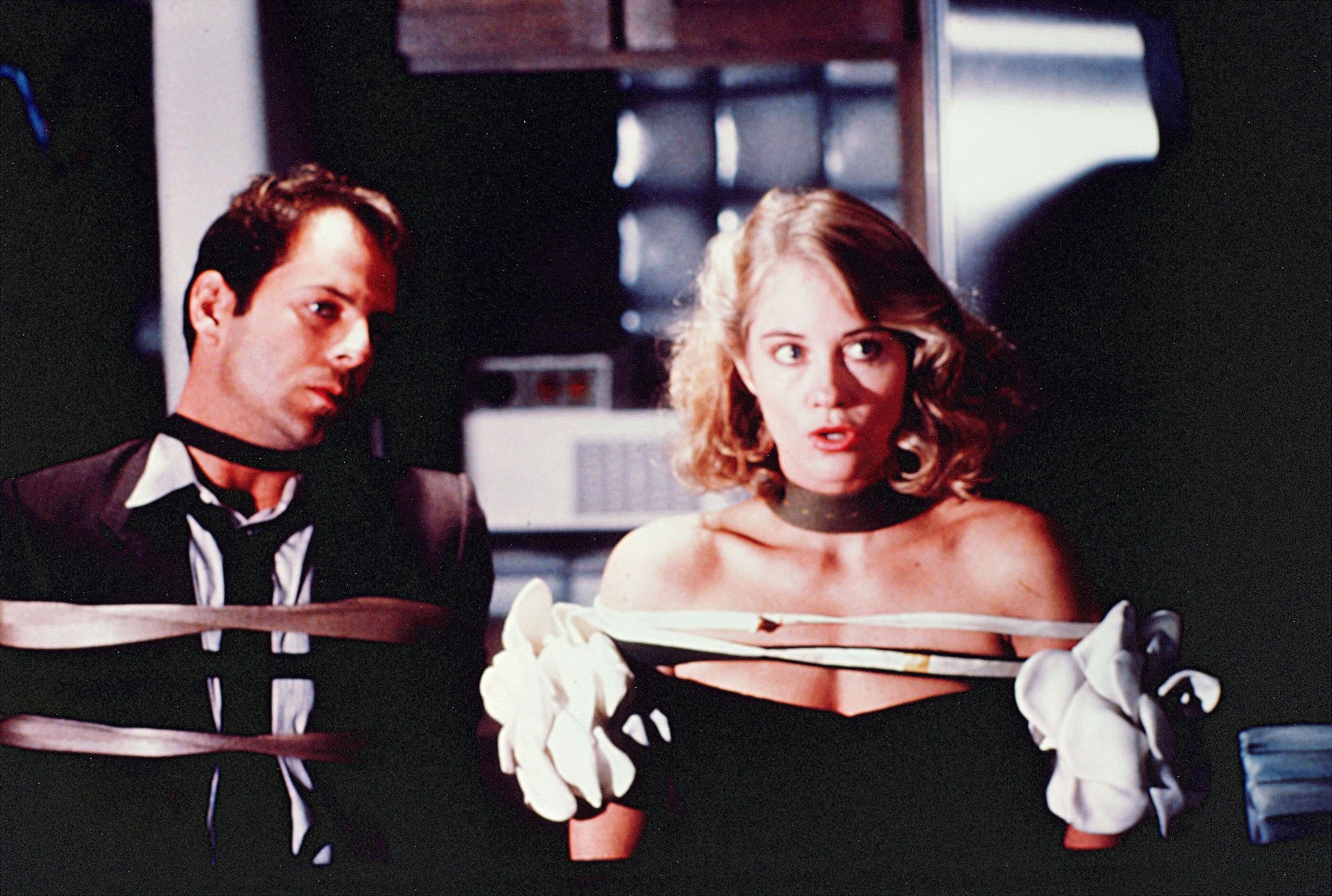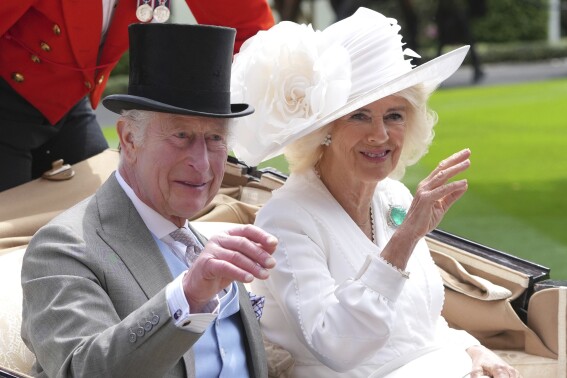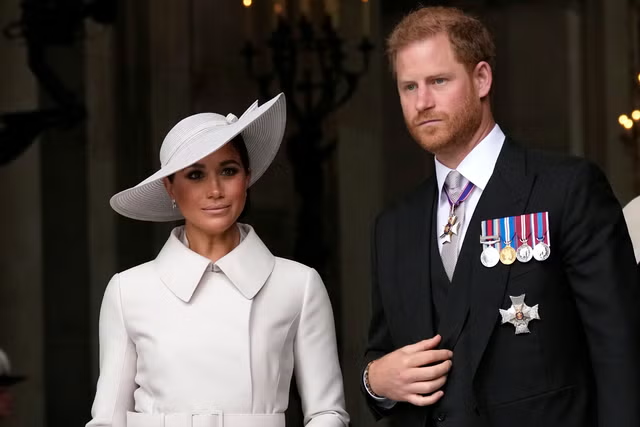An old friend of mine used to say to his girlfriend, “Do you want to make exquisite love, or shall we have a bonk?” This was in the late 1980s when was popular culture had two main sex modes. High romance was favoured by those who adored BBC classic dramas and the skilfully-built sexual tension between, say, Bruce Willis and Cybill Shepherd in Moonlighting. Bonking was the lower-stakes, carefree aspiration of people who loved the sex-and-shopping novels of Shirley Conran and Judith Krantz. It was for fans of high-octane soaps like Dallas and Dynasty. Above all, it was for admirers of the “Queen of the Bonkbusters”, Jilly Cooper.
Crucially, bonking didn’t involve side-helpings of shame and bestselling bonkbusters featured unabashedly ambitious women whose sexual appetites didn’t slow their progress to the top. If you found yourself without access to “exquisite love” (which, let’s face it, is a lifetime’s quest for most people) you could find compensation in a joyful bonk, or its sister pleasure snogging.
Or at least you could, until the hardcore, drink-fuelled lad and ladette culture of the 1990s made the scenario feel a bit too sad and messy. The sexual free-for-all had, unsurprisingly, emboldened predators – leading to the fierce adjustments of the #MeToo movement. For some years now, we’ve all felt a bit messed up about sex and its cultural representations: what is legit and what’s verboten?
So, it’s no wonder everyone I know has heaved a huge sigh of relief at the return of the bonkbuster in the shape of the TV dramatisation of Jilly Cooper’s Rivals. I’ve now watched three episodes and was rendered almost catatonic with pleasure, as if floating on an opium cloud of thrusting buttocks, hairspray, Wham Rap, shoulder pads, Concorde, helicopters, monster ’taches, Rutshire (aka Cotswold) mansions and bitchy exchanges. And that’s just the men.
The production team’s genius has been in ensuring any problematic elements are firmly rooted in the 1980s – such as anti-hero Rupert Campbell-Black’s middle-aged lust for 18-year-old Taggie – while updating some details for modern audiences. The cast is – marginally – more diverse and a gay love story has greater prominence than it might have done decades ago.
There’s also some gleefully knowing new dialogue, offering an ironic perspective on past events. When TV presenter Declan O’Hara’s new show is scheduled, his producer says: “The BBC have put Top of the Pops against us, so you need to be more popular than Jimmy Saville!”
And talk of a royal wedding leads to the aside, “Andrew and Fergie are a modern-day fairy tale.” The stellar cast are clearly having a ball in a way that’s rare outside top-notch panto or episodes of The Crown. Although, when you think about it, playing a Jilly Cooper character isn’t far removed from being cast as young Princess Di or Camilla Parker Bowles, right down to the bouffant hair and ballgowns.
Perhaps that helps explain why for all that period-perfect, technicolour rapture, the sex scenes in Rivals aren’t what you’d exactly call sexy. This is old-fashioned, OTT British rumpy-pumpy, played for smirks rather than to turn the audience on – even if I would like to put in a word for Aidan Turner’s torso, which hasn’t had such a decent outing since he went scything grass in Poldark.

Real sexiness requires storytelling and the skilful, slow build of tension, which is impossible when every other scene requires two or more people rutting like wild ferrets in a plane toilet, props cupboard or plain old bedroom.
Genuine erotic frisson requires obstacles between lovers, delayed gratification and, in most instances, some form of transgression. There’s a sense of exquisite torture in the difficult journey towards consummation, or fear of discovery. Sometimes the relationship is never consummated.
I’ve long cherished the moment in Peter Weir’s thriller Witness when Amish single mother Rachel, played by Kelly McGillis, washes her naked torso in front of a bathroom mirror with the door ajar as Harrison Ford’s moody detective passes by. All the desire that’s built between this impossible couple is caught in the anguished moment their eyes lock. It’s sexier than any amount of frenzied coupling. In a similar vein, many women still pine for the 1995 adaptation of Pride and Prejudice, starring Colin Firth, because of its brilliant portrayals of pent-up emotion.
Real sexiness requires storytelling and the skilful, slow build of tension, which is impossible when every other scene requires two or more people rutting like wild ferrets in a plane toilet
This isn’t to say you can’t film sexy sex scenes, it’s just hard to pull off the erotic choreography required. Probably more so in 2024, now you may have one or more “intimacy coordinators” in the room. This modern safeguarding initiative is undoubtedly excellent for actors but may mean highly-charged clinches, such as the notorious one between the late Donald Sutherland and Julie Christie in Don’t Look Now (rumoured to be “the real thing”) will never be caught on celluloid again.
Even the famously high-voltage scenes of passion in The Affair (2014-19) starring British actors Ruth Wilson and Dominic West would be hard to shoot post-MeToo. It’s notable that the number of explicit on-screen encounters involving Wilson in the series reduced drastically after season 1 – suggesting the actor wasn’t entirely happy with that level of exposure.
Happily, Rivals’ jeopardy-free, erotic-lite bonking comes as a bit of a relief. True sexual tension tends to make for unrelaxing, edge-of-the-seat viewing that’s often uncomfortable in the presence of another human being. Rivals, however, is the kind of visual jamboree that would only be improved with grown-up company as part of an 80s-themed, Alice-band night. And it’s not without its own very distinct guilty pleasures – they just don’t happen to be sexual ones.

Instead, you revel in a world where smoking, drinking, snobbery, unabashed glamour of the power-dressing kind and verbal put-downs were everyday delights. In this pre-Ozempic world, you can applaud Emily Atack’s curves as the sexiest Brit bombshell since Diana Dors. And – call me perverse – I found Danny Dyer’s Freddie Jones sexier than Alex Hassell’s overly-arch Campbell-Black.
In short, I haven’t witnessed so much on-screen fun since Austin Powers and Life on Mars. Along with Rivals, these deft satires of more misogynistic eras serve as a reminder that while very few would turn the clock back (it’s genuinely shocking when Campbell-Black gropes Taggie) there were some benefits to living in less progressive times.
The youth of 2024 appear to be so trammelled by modern dating etiquette, Tinder ghosting and the unfair expectations imposed upon them by online porn that according to the National Survey of Sexual Attitudes and Lifestyles, they’re having ever-fewer sexual encounters.
Writing as someone who, like Rivals’ heroine Taggie, turned 18 in the English countryside in 1986, things may well have been simpler in the days when you knocked back some wine and flirted with the local hotties until someone helped you dispose of your virginity. It certainly makes for viewing so naughtily escapist you might as well be joining the mile-high club with Campbell-Black on Concorde.
Rivals is out now on Disney+
Disclaimer: The copyright of this article belongs to the original author. Reposting this article is solely for the purpose of information dissemination and does not constitute any investment advice. If there is any infringement, please contact us immediately. We will make corrections or deletions as necessary. Thank you.



